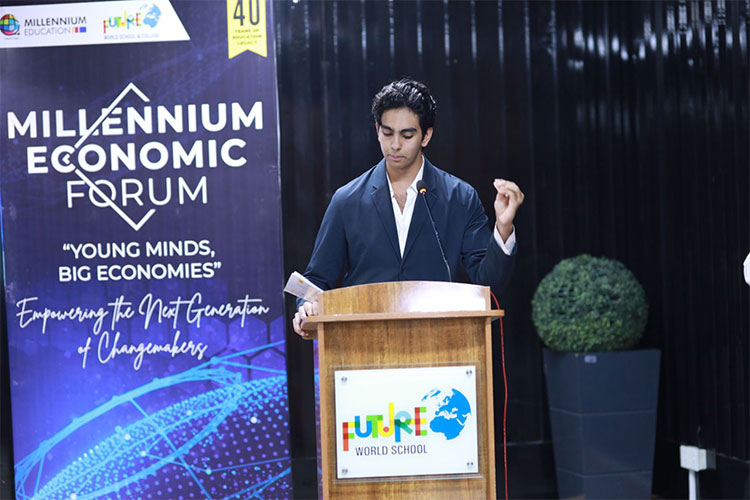In recent years, Pakistan has witnessed a remarkable surge in student-led startups. These ventures are not only changing the business landscape but also redefining the role of youth in national development. As students, we are often told to focus on academics, yet entrepreneurship offers a powerful avenue to combine learning with practical impact. As President of the Millennial Economic Forum (MEF), I have seen firsthand how student startups are creating solutions, generating employment, and contributing to Pakistan’s economy.
One of the key drivers of this trend is the emergence of university incubators and startup competitions. Institutions across Pakistan are now supporting student innovators through mentorship programs, seed funding, and networking opportunities. For example, competitions like National Incubation Centers’ challenges encourage students to develop products ranging from mobile applications to sustainable technologies. These programs provide not only financial support but also invaluable guidance, helping young entrepreneurs navigate the complexities of business development.
Despite this progress, challenges remain significant. Access to capital is a persistent hurdle, with many young innovators struggling to secure funding for their ideas. Bureaucratic processes and market saturation can also discourage student entrepreneurs. However, these challenges often inspire creativity, pushing students to develop lean, scalable business models and explore alternative funding sources such as crowdfunding, angel investors, and social enterprises. Overcoming these obstacles teaches resilience—a critical skill for any future leader.
Impact on society and the economy is another compelling reason why student startups matter. Beyond generating revenue, these ventures solve real problems. For instance, startups in healthtech improve access to medical services, edtech platforms enhance learning opportunities, and agritech initiatives support farmers with data-driven insights. Each of these contributions has a ripple effect, improving quality of life and creating additional economic value. By starting early, students gain the experience, networks, and confidence necessary to scale businesses beyond national borders.
Universities play a pivotal role in nurturing this ecosystem. By offering structured mentorship, facilitating industry connections, and integrating entrepreneurship into curricula, institutions can equip students with the skills needed to transform ideas into viable businesses. Furthermore, collaboration among students fosters knowledge sharing, peer learning, and innovation—creating a community of young leaders committed to societal progress.
In conclusion, student startups are more than mere projects; they are a testament to the creativity, ambition, and potential of Pakistan’s youth. By supporting and promoting these initiatives, universities, government bodies, and society can ensure that student innovation translates into tangible economic and social impact. As MEF President, I encourage my peers to embrace entrepreneurship, take calculated risks, and recognize that even small ideas can make a lasting difference in Pakistan’s development trajectory.











